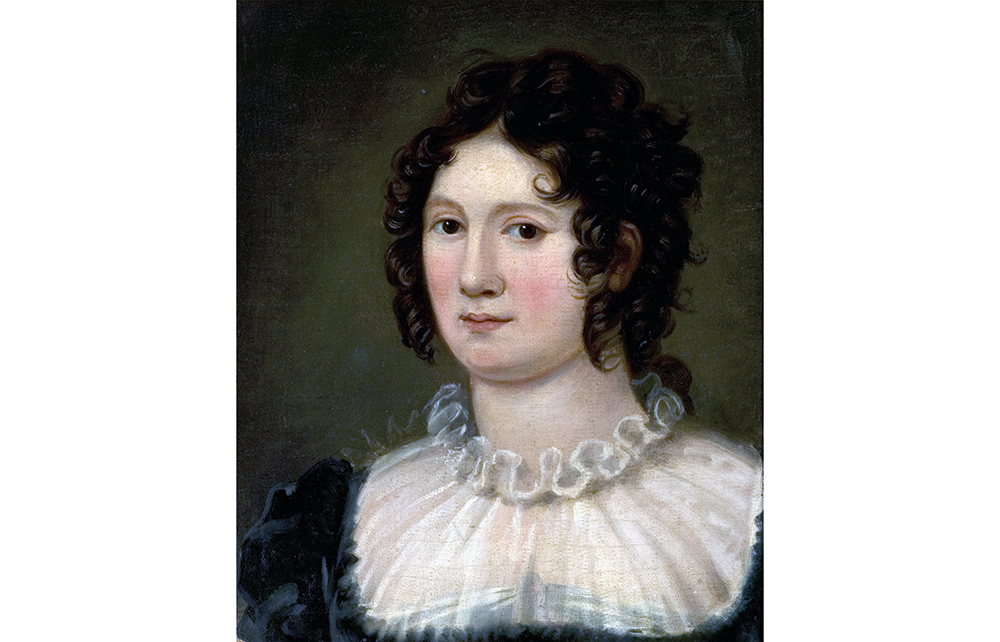Commentary on the young Romantics can be curiously puritanical. Not on saintly John Keats, who died too young to cause any trouble. But Byron and Shelley? Beastly to women, negligent as parents, destructive as friends, oblivious to their own privilege. Feminist observers tend to resemble the English visitors to Geneva in 1816 who borrowed telescopes to spy on the renegade inhabitants of the Villa Diodati across the lake, hoping to be scandalised.
A central character in the summer that saw the birth of Frankenstein was the only non-writer of the villa’s gathering, Byron’s young lover and Mary Shelley’s step-sister, Claire Clairmont. Fortunately, Lesley McDowell doesn’t let her impeccable feminist credentials get in the way of a sensitive fictional recreation of Claire’s life and loves, one that’s generous to sexual fallibility, male and female.
Claire had seduced Byron in London in March 1816, and, crucially for literature, engineered the introduction of the two poets in Switzerland a few months later. Shelley would drown in 1822 and Byron would die two years later, but Claire lived until 1879. McDowell interleaves the better known passages of life in the Shelley ménage with a lively recreation of Claire’s later incarnations as a governess in Russia in 1825 and a free spirit living in Paris in 1843. Claire’s chameleonic character is underlined by her name changes. Pre-Shelley, she is Jane; she becomes Clairy in Geneva; Mam’selle Claire in Russia; and the respectable but still desirable Madame Clairmont in Paris.
Here it’s Mary Shelley who comes across as the demanding genius, whose moods are feared even as her talent is venerated. The portrait of Percy is especially nuanced. A novelist can step in where biographers hesitate, due to lack of evidence, but McDowell’s intuition about his physical relationship with Claire doesn’t jar.








Comments
Join the debate for just £1 a month
Be part of the conversation with other Spectator readers by getting your first three months for £3.
UNLOCK ACCESS Just £1 a monthAlready a subscriber? Log in